The Ecology, Exploitation and Conservation of River Turtles
The underlying theme of this book is that a widespread, taxonomically diverse group of animals, important both from ecological and human resource perspectives, remains poorly understood and in delcine, while receiving scant attention from the ecological and conservation community. This volume proposes a comprehensive overview of the world's river turtles' ecology, conservation, and management. It begins with a categorization of taxa which inhabit flowing water habitats followed by information on their evolutionary and physical diversity and biogeography. Within the framework of ecology, the authors discuss the composition of river turtle communities in different types of lotic habitats and regions, population dynamics, movements, reproductive characteristics and behavior, predators, and feeding relationships. In a conservation and management section, the authors identify and evaluate the nature and intensity of factors which threaten river turtle survival--almost all of which involve direct human exploitation or indirect effects of human induced habitat alteration and degradation. They then list and evaluate the various schemes which have been proposed or employed to halt declines and restore populations, and make recommendations for future management plans for specific species and regions. In closing, they state their viewpoint concerning future research directions and priorities, and an evaluation of future prospects for survival of the world's river turtle species.
{{comment.content}}
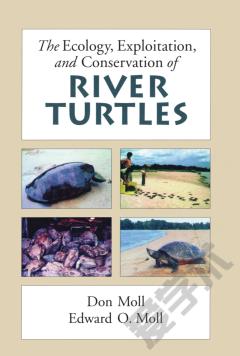

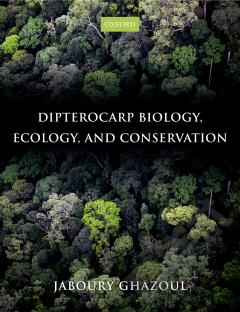
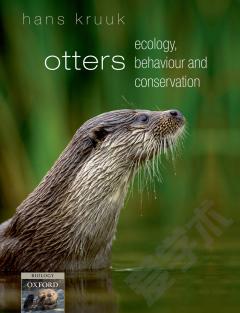
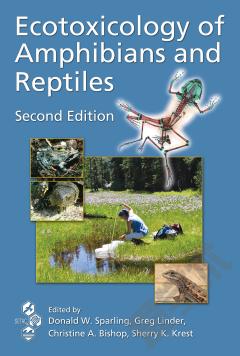
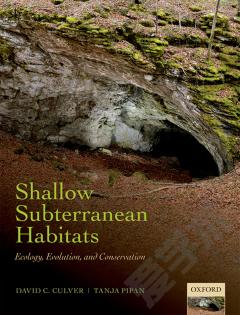
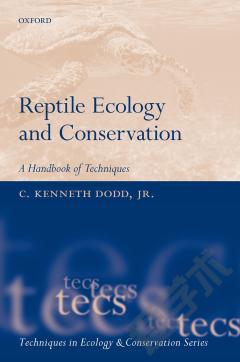

 京公网安备 11010802027623号
京公网安备 11010802027623号